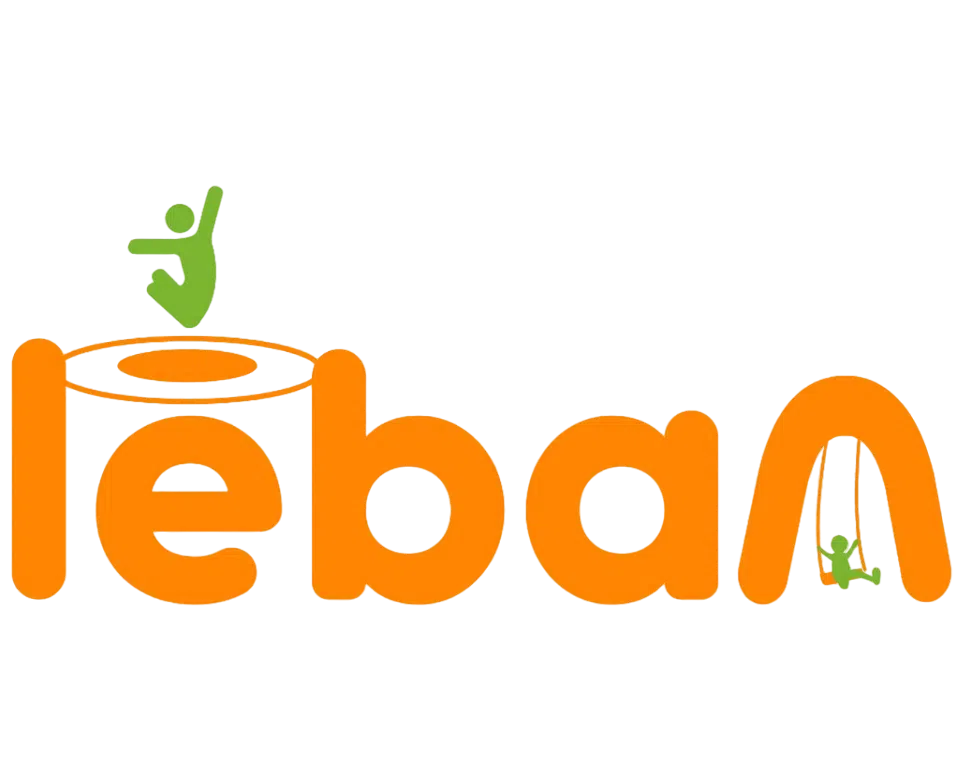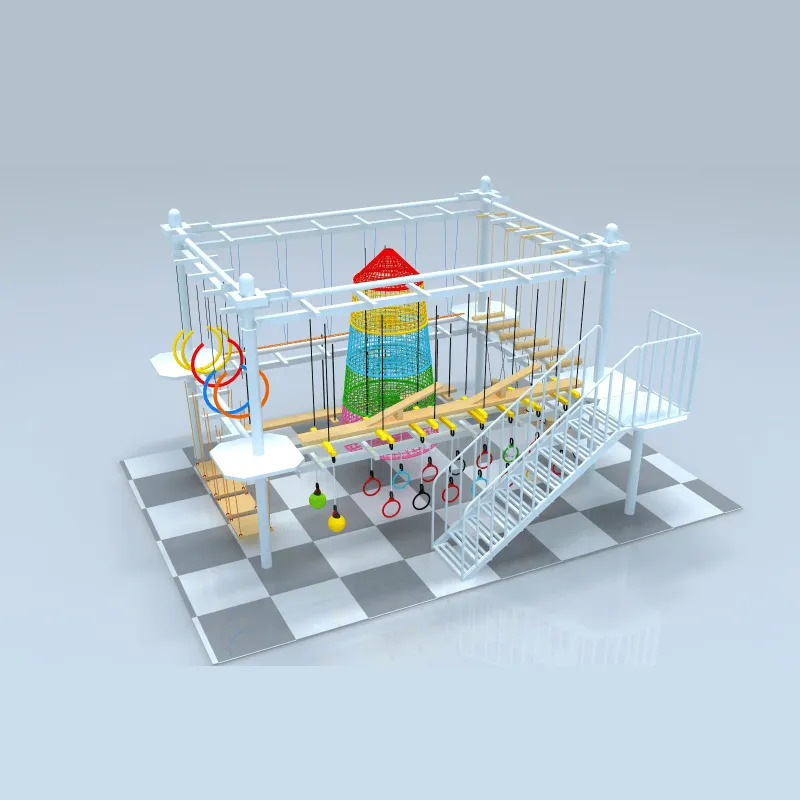Investing in Quality for Long-Term Success
In today’s competitive entertainment industry, creating a vibrant and safe indoor play space requires careful planning and attention to detail. Selecting the right indoor amusement equipment plays a pivotal role in determining the success of any indoor amusement venue. Whether it's a play center, family entertainment hub, or an indoor amusement park, the durability and safety of the equipment used are non-negotiable factors. Making the right choice involves balancing innovation with responsibility and ensuring that every item meets both functional and regulatory standards.
Understanding Safety Standards and Compliance
Researching Industry Regulations
Before purchasing indoor amusement equipment, it's essential to become familiar with regional and international safety standards. Organizations such as ASTM, EN, and ISO set specific safety benchmarks that manufacturers must meet. Adhering to these standards ensures not only the safety of the children using the equipment but also reduces legal liabilities for business owners.
Verifying Manufacturer Certifications
Always check whether the manufacturer provides certification for their products. Certified indoor amusement equipment often undergoes rigorous testing for structural integrity, fire resistance, and non-toxic materials. Certifications are a strong indicator that the equipment is built to last and safe for daily use.

Prioritizing Material Quality and Construction
Choosing Durable and Eco-Friendly Materials
The longevity of indoor amusement equipment greatly depends on the materials used. Look for equipment constructed from reinforced plastics, stainless steel, and high-density foam. These materials resist wear and tear while also being easy to clean and maintain. Eco-friendly materials are a bonus, aligning with sustainability goals.
Inspecting Manufacturing Techniques
Construction quality is just as important as the materials used. Welded joints, seamless molding, and reinforced stitching enhance the durability and safety of the equipment. Choosing products made with advanced manufacturing techniques can significantly reduce maintenance issues over time.
Evaluating Design and Functionality
Considering Age-Appropriate Design
Equipment should be tailored to specific age groups. Features that are fun and challenging for older kids may pose risks for toddlers. Age-appropriate indoor amusement equipment ensures that every child can play safely and confidently, which contributes to a better customer experience overall.
Including Inclusive and Accessible Features
Modern indoor amusement equipment should be inclusive, offering play opportunities for children with varying physical and cognitive abilities. Accessible design features like low-entry slides, wide pathways, and sensory panels promote inclusivity and appeal to a broader customer base.
Assessing Vendor Reliability and Support
Researching Supplier Track Records
A vendor’s history in the industry often reflects the quality of their indoor amusement equipment. Reputable suppliers typically have long-term partnerships, positive customer feedback, and proven case studies. It's advisable to request references or visit existing installations before finalizing a purchase.
Ensuring After-Sales Services
Even the most durable indoor amusement equipment requires occasional maintenance. Choose vendors that offer reliable after-sales support, including spare parts, repair services, and equipment upgrades. Having technical support readily available minimizes downtime and helps keep your business running smoothly.
Emphasizing User Experience and Engagement
Enhancing Play Value
Well-designed indoor amusement equipment should encourage repeat visits by offering engaging, varied activities. Multi-functional structures, interactive panels, and digital integrations provide excitement and keep children interested for longer periods.
Promoting Safe Social Interaction
Equipment layout and design should foster group play and socialization. Features like double slides, cooperative games, and role-play areas support collaborative fun while helping children develop social skills in a safe environment.
Balancing Innovation with Safety
Integrating Smart Technologies
Interactive touch panels, augmented reality zones, and light-responsive surfaces are becoming more common in indoor amusement equipment. These features add a modern edge and attract tech-savvy families. However, innovation should never compromise safety, so each tech feature should undergo rigorous testing.
Limiting Over-Complex Designs
While innovative features are exciting, overly complex designs can be confusing or even hazardous. Keep the user interface simple, especially for younger users. Clear instructions, visual cues, and age labels are helpful additions to guide safe use.
Reviewing Maintenance Needs and Life Cycle
Planning Routine Maintenance
Indoor amusement equipment must be regularly inspected for loose parts, wear and tear, and cleanliness. Establishing a maintenance schedule helps prolong the life of the equipment and keeps it in top working condition, ensuring a consistently safe experience.
Estimating Product Lifespan
Ask vendors for average lifespan estimates and performance data. Understanding how long each piece of equipment is expected to last helps with budgeting and future planning. Long-lasting indoor amusement equipment offers better returns on investment.
Customizing for Unique Spaces and Themes
Designing to Fit the Venue
Each indoor space has different size constraints and audience needs. Customizable indoor amusement equipment allows you to maximize space utilization while aligning with your brand’s theme or mission. Custom designs also help differentiate your venue in a crowded market.
Matching Brand Identity
Colors, logos, and themed characters incorporated into the design strengthen brand identity. Creating a cohesive environment with consistent visual elements enhances the customer experience and builds brand recognition.
Encouraging Long-Term Customer Retention
Updating and Rotating Attractions
Periodic updates to the indoor amusement equipment keep the experience fresh and exciting for returning customers. Introducing seasonal or limited-time play zones can re-engage children and encourage repeated visits.
Offering Membership and Loyalty Programs
Bundling equipment access with loyalty incentives builds a returning customer base. When paired with consistently safe and exciting equipment, these programs drive long-term engagement and word-of-mouth promotion.
FAQ
What certifications should I look for when purchasing indoor amusement equipment?
Look for certifications from recognized bodies such as ASTM, EN, and ISO, as they ensure the equipment meets international safety and quality standards.
How can I ensure the indoor amusement equipment is suitable for all age groups?
Choose modular systems with designated zones tailored to different age ranges. Equipment should also include clear signage and features that cater to both toddlers and older children.
How often should indoor amusement equipment be maintained?
Routine maintenance should be scheduled weekly or monthly, depending on usage levels. Regular inspections and cleaning are essential for safety and durability.
Can I customize indoor amusement equipment for my brand?
Yes, many manufacturers offer customization options, including color schemes, logos, and themed designs that reflect your brand’s identity.
Table of Contents
- Investing in Quality for Long-Term Success
- Understanding Safety Standards and Compliance
- Prioritizing Material Quality and Construction
- Evaluating Design and Functionality
- Assessing Vendor Reliability and Support
- Emphasizing User Experience and Engagement
- Balancing Innovation with Safety
- Reviewing Maintenance Needs and Life Cycle
- Customizing for Unique Spaces and Themes
- Encouraging Long-Term Customer Retention
- FAQ

